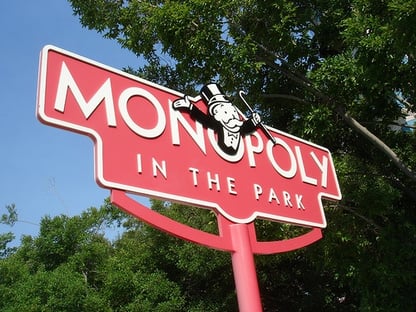Consumer Experience Managers – they’re the ones bringing about change in utilities. They’re trying to spread the message within their own organizations about the need to become consumer-centric.
Why is this such a tough sell within utilities? Transformational change is never easy for organizations, of course, but it goes deeper than that. Christine Hertzog of Smart Grid Library gives a few reasons specific to the industry.
 1. Utilities are monopolies, and that brings complacency. When you think of consumers as ratepayers, or even worse, as ‘meters’, you have little motivation to think about delivering a satisfying, human experience.
1. Utilities are monopolies, and that brings complacency. When you think of consumers as ratepayers, or even worse, as ‘meters’, you have little motivation to think about delivering a satisfying, human experience.
2. Utilities are often insular, or “siloed”, as Hertzog puts it. Utility employees are willing to resolve problems with one another, but their view is limited. “They don’t see the sum total of interactions that define the consumer experience,” says Hertzog, and that prevents them from spotting issues with the consumer experience, which can be incoherent, disjointed, and frustrating .
3. Consumer experience – important for accomplishing Smart Grid policy objectives – is quite different than customer satisfaction. But the regulatory structures that most investor-owned utilities (IOUs) operate under don’t always reflect that, emphasizing the latter but dismissing the former.
As we’ve seen, new energy service providers like Verizon and Comcast are vying for a relationship with electricity consumers, creating new competitive pressures.
Time to take a hard look at your organization’s customer engagement culture.
